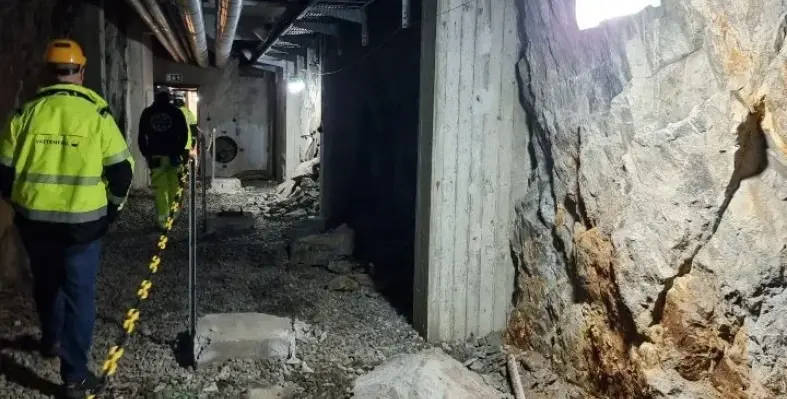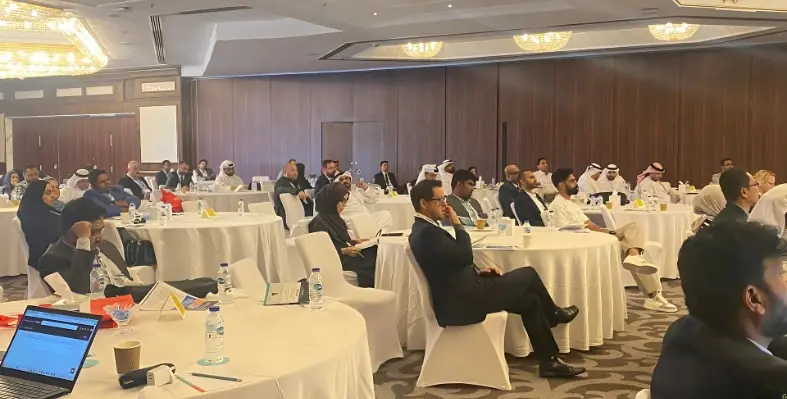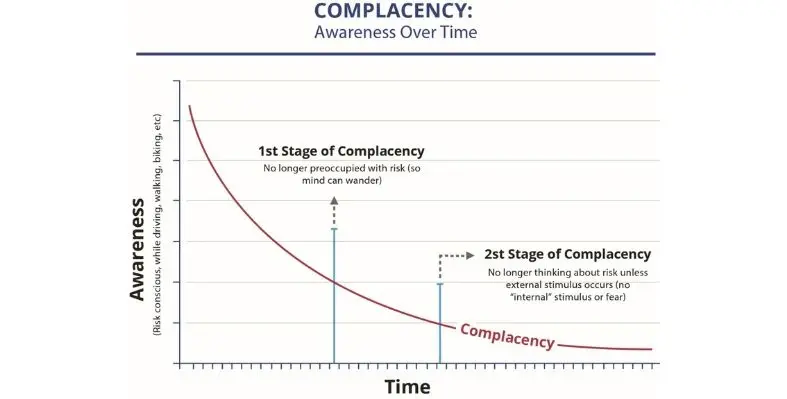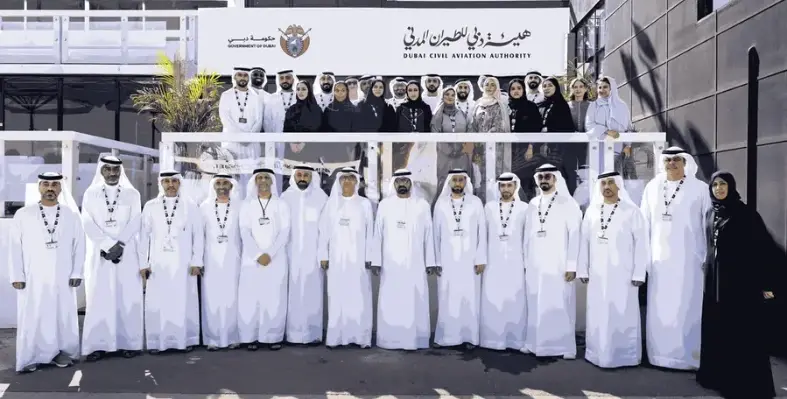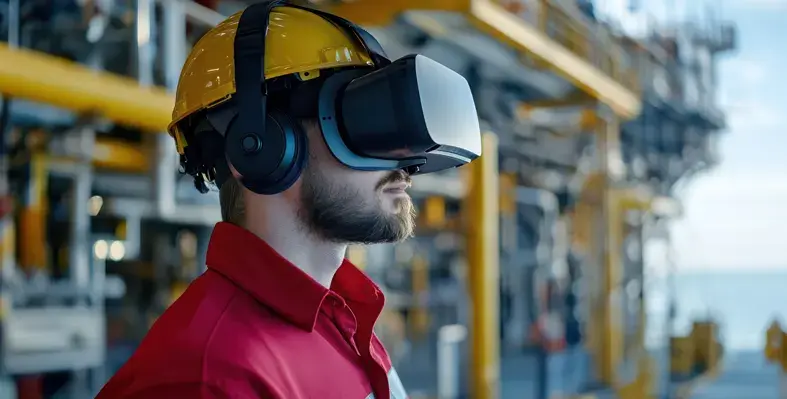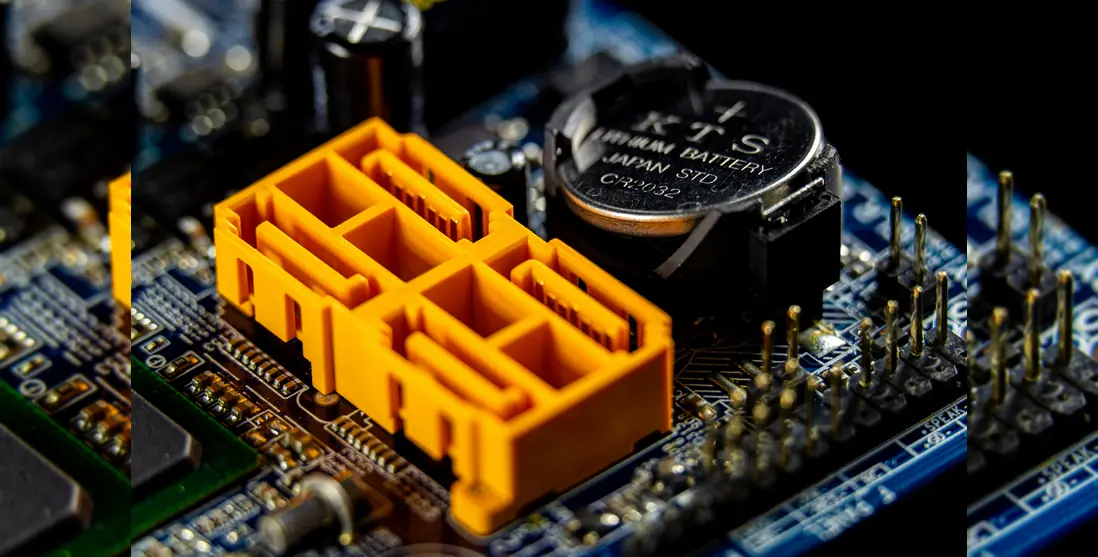Genetec, a technology provider of unified security, public safety, operations, and business intelligence solutions, has shared the results of its ‘Physical Security in EMEA 2021’ report, based on insights from more than 1,500 physical security professionals
The report takes a closer look at how physical security teams across Europe, Middle East and Africa (EMEA) are leveraging technology to manage both short term needs and long-term priorities. The findings offer useful insights for those responsible for developing their organisation’s own infrastructure and security strategies, including key regional findings within the Middle East and Africa region.
2020 has refocused priorities
The realities of COVID-19, and the subsequent shift to work at home, has emphasised the value of technology that can provide greater insight and control. In the UAE, according to a recent report from Mimecast, 81% of respondents had received specialised work from home related cybersecurity training since the start of the pandemic – above the global average of 64%.
As a result, video analytics, access control and identity management were all identified as strategic technologies for 2021.
“Last year we saw a seismic shift in the way companies approach security. The access control boom within facilities, showed that the physical security industry is capable of streamlining innovative solutions—particularly when there’s a demand for enhanced safety. As we enter a new chapter, the industry must continue to adapt to changing requirements and invest in the latest enabling solutions to help make our workplaces safer, healthier and more secure,” said Cyrille Becker, managing director of Europe at Genetec.
Cybersecurity is a strategic priority for 2021 and beyond
Cybercrime is primed to reach record heights in 2021, with the rise of work-from-home and the growing adoption of IoT, as 48% of MEA respondents believe in the prioritisation of the implementation of better business continuity plans. Against this backdrop, 67% of respondents are planning to prioritise the improvement of their cybersecurity strategy in 2021.
“The rise of cybercrime has highlighted cyber and physical security measures can no longer be treated as separate conversations. Physical security professionals must partner with their counterparts in IT to understand the true limits of the security perimeter and mitigate against risk. This requires solidifying a resilient cyber-physical security framework, to ensure trusted devices are integrated in the network and subsequently configured, updated and managed throughout their operational life,” said Christian Morin, vice-president of Cloud Services and CSO at Genetec.
Accelerating adoption of cloud and hybrid cloud
Physical security departments have traditionally been slower to adopt the cloud, however, the survey results indicate the situation is rapidly changing. With almost two thirds of respondents reporting the pandemic has somewhat (51%) or greatly (12.5%) accelerated their cloud strategy in relation to physical security. This can be linked to the move towards smart cities, a rapid transition which has been witnessed within the Middle East, a region investing greatly into a new age of digitalisation.
“The unprecedented shift to remote work and resulting need for supporting technology, has highlighted the importance of cloud computing and, if business leaders had not been convinced of its benefits before, they are likely to be now,” added Morin.
Survey methodology
In January 2021 Genetec EMEA surveyed physical security professionals based in Europe, Middle East and Africa. Following a review of submissions and data cleansing, 1,550 respondents were included in the sample for analysis.







